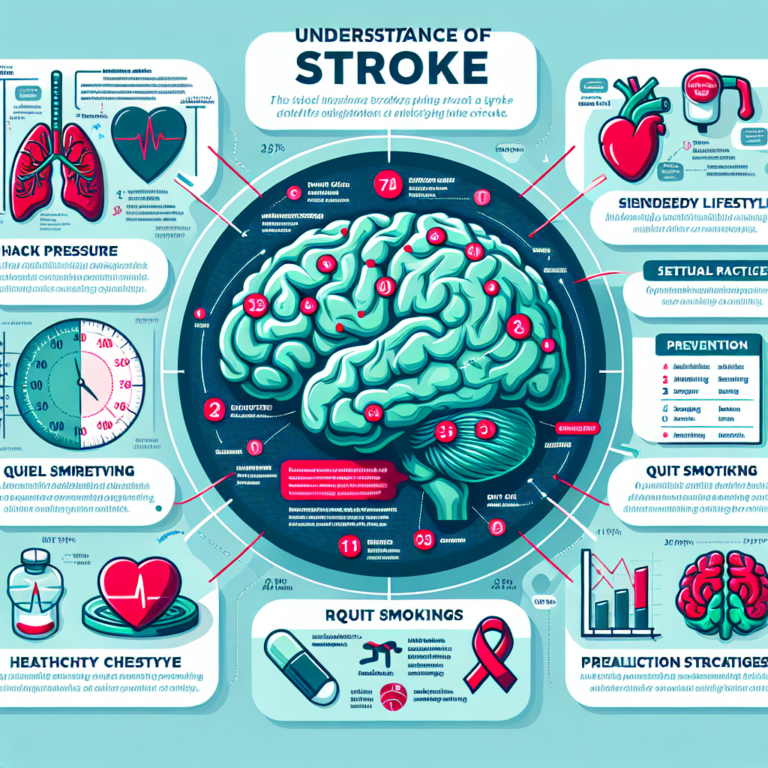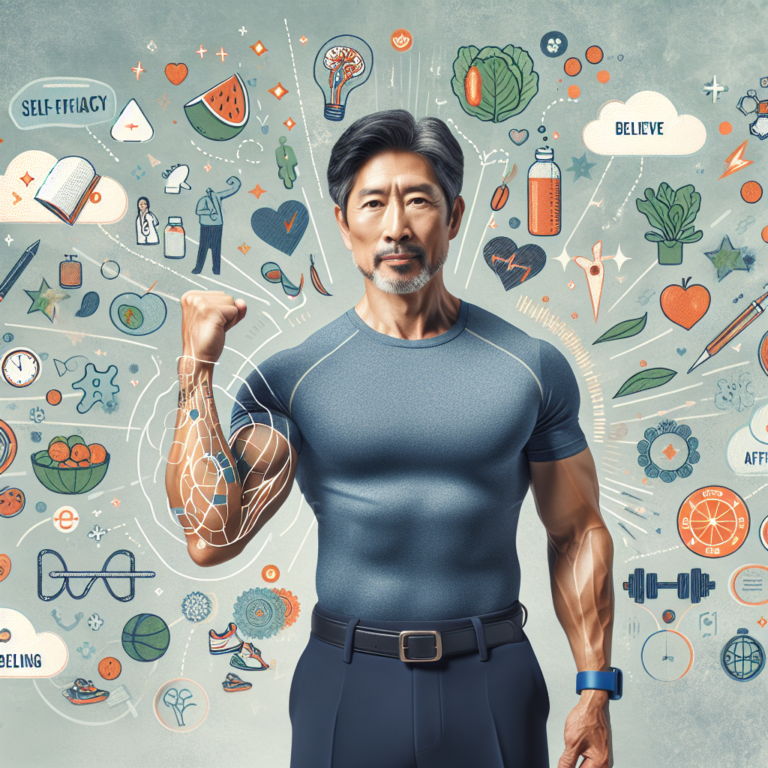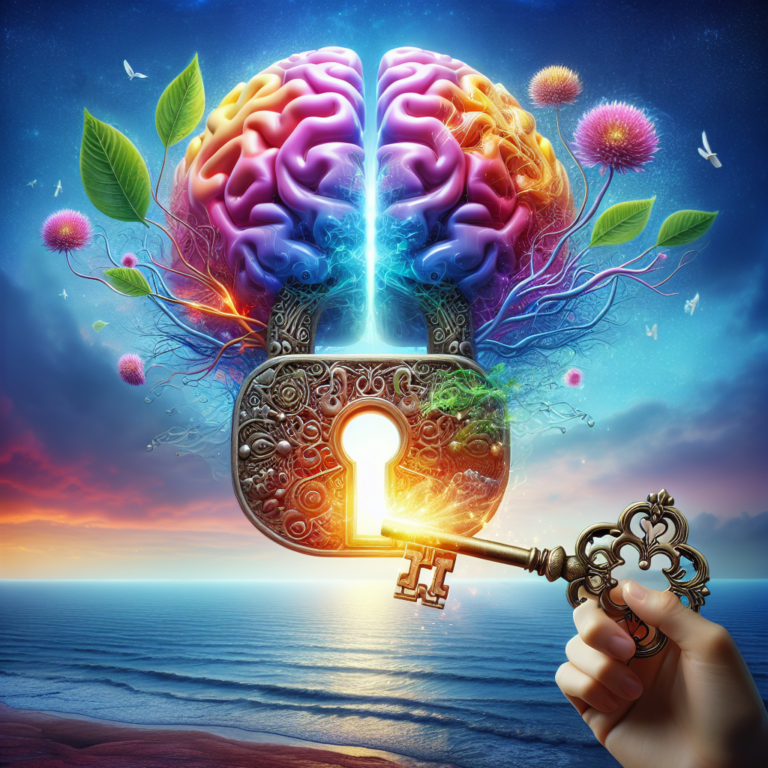
Introduction
Every year, approximately 795,000 people in the United States experience a stroke, leaving behind them a wave of physical and psychological challenges. While most attention focuses on the physical aspects of recovery—like regaining mobility or speech—there’s a crucial factor that often gets overshadowed: the importance of mental health in stroke rehabilitation. Mental health issues such as depression, anxiety, and emotional distress can significantly hinder post-stroke recovery. Understanding and addressing these mental health challenges is vital for holistic healing, leading to more successful rehabilitation outcomes.
This article delves into the importance of mental health in stroke rehabilitation, emphasizing how psychological well-being correlates with effective recovery. By exploring real-world case studies, addressing common concerns, and offering actionable insights, we aim to paint a comprehensive picture of how mental health integrates into the rehabilitation process.
The Connection Between Mental Health and Stroke Recovery
The Biopsychosocial Model of Health
The relationship between mental health and physical health is well-established in medical literature. The Biopsychosocial Model posits that health outcomes are influenced by biological, psychological, and social factors. Stroke, a primarily neurological event, drastically alters these aspects, making it imperative to address mental health in rehabilitation.
How Mental Health Affects Rehabilitation Outcomes
Research indicates that nearly one-third of stroke survivors experience depression. This emotional turmoil can impede motivation to engage in physical therapy and cognitive rehabilitation. Furthermore, it can exacerbate physical symptoms and lead to a cycle of decline. Studies have shown that addressing mental health issues is associated with better rehabilitation outcomes, emphasizing the importance of mental health in stroke rehabilitation.
Case Studies: Real-World Implications
Case Study 1: Emily’s Journey
Emily, a 65-year-old stroke survivor, found herself battling depression following her stroke. Despite physical therapy, she avoided sessions, feeling overwhelmed. Upon starting a counseling program focusing on coping strategies and emotional processing, Emily began attending therapy regularly. Her motivation increased, and she saw marked improvements in both her physical and emotional health. This case illustrates how addressing emotional health can dramatically enhance overall recovery.
Analysis: Emily’s story highlights the direct correlation between mental health and physical recovery. Proper support can cultivate independence and motivation, essential for effective rehabilitation.
Case Study 2: John’s Battle with Anxiety
John, a 70-year-old male stroke survivor, struggled with anxiety that hindered his ability to engage in physical therapy. His therapist recommended mindfulness practices. Over time, John learned to manage his anxiety, significantly improving his physical engagement and mobility. This showcases how mental management can improve functional recovery.
Analysis: John’s case demonstrates that mental health strategies, such as mindfulness, can foster an environment conducive to recovery, emphasizing the importance of mental health in stroke rehabilitation.
Psychosocial Factors in Stroke Recovery
Understanding Post-Stroke Depression (PSD)
Post-stroke depression (PSD) is a common but often overlooked consequence of stroke. Known for its impact on health-related quality of life, PSD can impede recovery efforts. The stigmas surrounding mental health can further complicate seeking help, thus making awareness and education crucial.
The Role of Family and Caregivers
Family dynamics play a crucial role in the mental health of stroke survivors. Supportive family structures can aid in emotional recovery, while negative interactions can exacerbate feelings of isolation or despair. Ensuring caregivers develop their mental health support systems is equally important for fostering better recovery environments.
Strategies for Mental Health Integration in Rehabilitation
Incorporating Psychological Services
Mental health professionals should be integrated into rehabilitation teams to provide timely assessments. Such collaboration fosters a comprehensive understanding of the survivor’s needs.
Implementing Cognitive Behavioral Therapy (CBT)
Research suggests that cognitive-behavioral therapy is effective in managing depressive symptoms. CBT techniques can empower survivors, helping them reframe negative thought patterns associated with their condition.
Mindfulness and Relaxation Techniques
Mindfulness practices have demonstrated efficacy in reducing anxiety and depression. Techniques such as guided imagery or deep-breathing exercises can be seamlessly incorporated into daily routines, promoting emotional resilience.
Tools to Monitor Mental Health
Screening Tools
Implementing standardized screening tools—such as the Hospital Anxiety and Depression Scale (HADS)—enables healthcare providers to monitor mental health efficiently. Early detection of mental health issues is crucial for timely intervention.
Support Groups
Support groups provide a platform for sharing experiences and strategies. They can foster community and connection among survivors, making them invaluable in addressing emotional challenges.
Conclusion: Moving Towards Holistic Recovery
Incorporating mental health awareness and intervention into stroke rehabilitation is not just beneficial; it is essential. From understanding the psychological impacts of PSD to fostering supportive environments, ensuring mental well-being should be a foundational aspect of recovery.
By recognizing the importance of mental health in stroke rehabilitation, healthcare providers can facilitate more comprehensive recovery, empowering survivors to reclaim their lives. As we move towards a more integrated approach to healthcare, remember that the mind and body are interconnected. Each small step towards improving mental health contributes to the larger goal of rehabilitation.
FAQs
1. Why is mental health important in stroke rehabilitation?
Mental health influences motivation, emotional well-being, and overall recovery outcomes. Addressing psychological factors can lead to more effective rehabilitation.
2. What are common mental health issues faced by stroke survivors?
Common issues include depression, anxiety, and emotional lability. These issues can significantly hinder physical recovery if left untreated.
3. How can families support stroke survivors’ mental health?
Families can offer emotional support, encourage participation in rehabilitation, and remain educated about the psychological effects of stroke.
4. What role does therapy play in stroke recovery?
Therapy, particularly cognitive-behavioral therapy (CBT), helps address negative thought patterns and emotional distress, enhancing overall recovery.
5. How can stroke survivors manage anxiety or depression?
Mindfulness practices, counseling, and participation in support groups are all effective strategies for managing symptoms of anxiety and depression.
By embracing the multi-faceted relationship between mental and physical health, we can significantly improve the quality of life and outcomes for stroke survivors. Engaging with the importance of mental health in stroke rehabilitation is not just a necessity; it’s the pathway to a more hopeful recovery journey.















